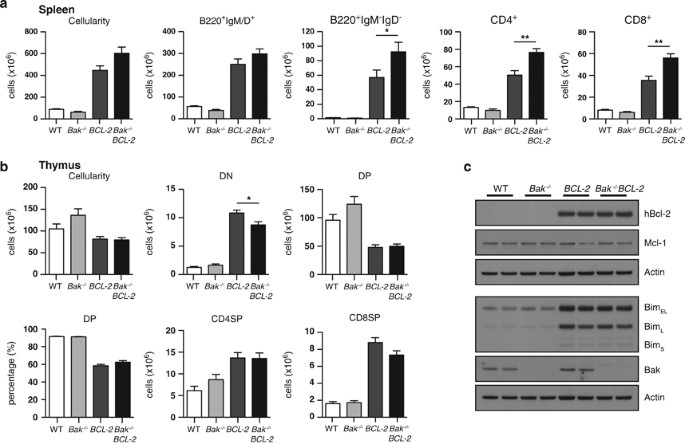- Select a language for the TTS:
- UK English Female
- UK English Male
- US English Female
- US English Male
- Australian Female
- Australian Male
- Language selected: (auto detect) - EN
Play all audios:
The skin microbiota affects wound healing, inflammatory and immune responses to infections, and chronic skin diseases. Gimblet et al. investigated the role of the skin microbiota in
cutaneous leishmaniasis and found that infection with Leishmania spp. parasites caused a decrease in bacterial diversity in the skin of both humans and mice; in particular, this dysbiosis
was characterized by a greater abundance of Staphylococcus spp. and Streptococcus spp. in infected individuals than in healthy individuals. This dysbiosis seemed to be transmissible to
uninfected distant skin sites, as well as to co-housed naive mice. Staphylococcus spp. were found to be dominant in moderate lesions, whereas Streptococcus spp. were more abundant in severe
lesions in infected mice, which suggests that disease severity contributes to dysbiosis. Moreover, the transfer of the dysbiotic microbiota to naive mice prior to infection exacerbated skin
inflammation and increased disease severity compared with control mice.
Anyone you share the following link with will be able to read this content:







